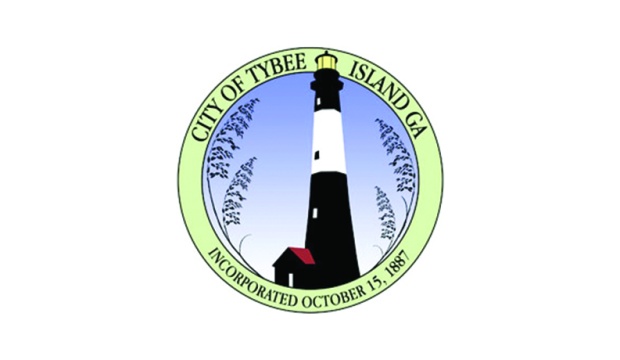Any production associated with a class grade is considered a student project. Projects using a school’s insurance or equipment are also considered student productions. Student projects are subject to the same rules and permit requirements as professional productions.
Students should NOT fill out the professional Production Registration Form.
The Savannah Regional Film Commission does NOT issue any permits. Please read this page in it’s entirety to learn about how to apply for the correct permit with the correct municipality.
The location database is NOT a resource for student filmmakers. Our office does not scout, or provide location contacts to student productions. Our office is happy to provide permit guidance to student filmmakers who would like to film in our region.
CHECKLIST FOR STUDENT PRODUCTION PERMITS
- Read the Student Filming Handout
- Determine the municipality(ies) where your filming activity will take place by using sagis.org Click HERE to see how to use Sagis
- Apply for a film permit(s) with the appropriate municipality
- Upload your Notification Letter HERE and distribute to residents and neighbors around your filming location on YELLOW paper at least 48hrs in advance of filming activity per location ( ***Exceptions for City of Savannah and City of Tybee Island*** Details included in guidelines)
- Pick up and pay for your permit(s)
What is a municipality?
A municipality is a city or town that has corporate status and powers of self-government. We have eight municipalities within Chatham County that each have their own unique student permitting process. If you are unsure of which municipality governs your location, use the Sagis Map Viewer to make that determination. Click here to see how to use Sagis.
Student Permits for Each Municipality
What is a permit?
Permits are an official document giving someone authorization to film on municipally owned property. Permits are required for anything deemed “public property” such as streets, sidewalks, alleys, lanes, parks, squares, and beaches. Film permits do not grant access to private property. Some municipalities require film permits, regardless of filming on private or public property. This is especially true for certain activities that are in view of the public, such as stunts or special effects. For the most direct answers to your questions, please contact the permitting office of the municipality in which you desire to film.
What is private property?
The use of private property requires the permission of the property owner via a signed Location Agreement. A Location Agreement is a written contract between a private property owner and filmmaker(s) that gives permission to enter private property for the purpose of recording content, whether you are filming, taking photographs, or making any other recordings. Private property owners include homeowners, business owners, landlords and their tenants. While some buildings may seem “public,” location agreements must still be obtained to film in museums, schools, libraries and places of worship.
Film permits do not grant access to any private property. However, there are certain activities that require permits even when they occur on private property. These include stunts, special effects, fire, excessive noise and certain activities that are visible to the public.
Insurance
Most locations require insurance for filming. Some schools provide insurance coverage, and some do not. If your school does not, you may be required to procure coverage.
Fees
Municipalities may charge for certain services such as permits, police, intermittent traffic control (ITC), parking, etc. Please contact the appropriate municipality for direct answers.
Notification
Your permit may require you to provide notification to the residents and businesses near the location. This must be completed at least 2 business days before the scheduled shoot day(s). All notification letters must be approved and uploaded using this form. You can download an PDF example HERE. Failure to notify as described in the permit is a violation.








